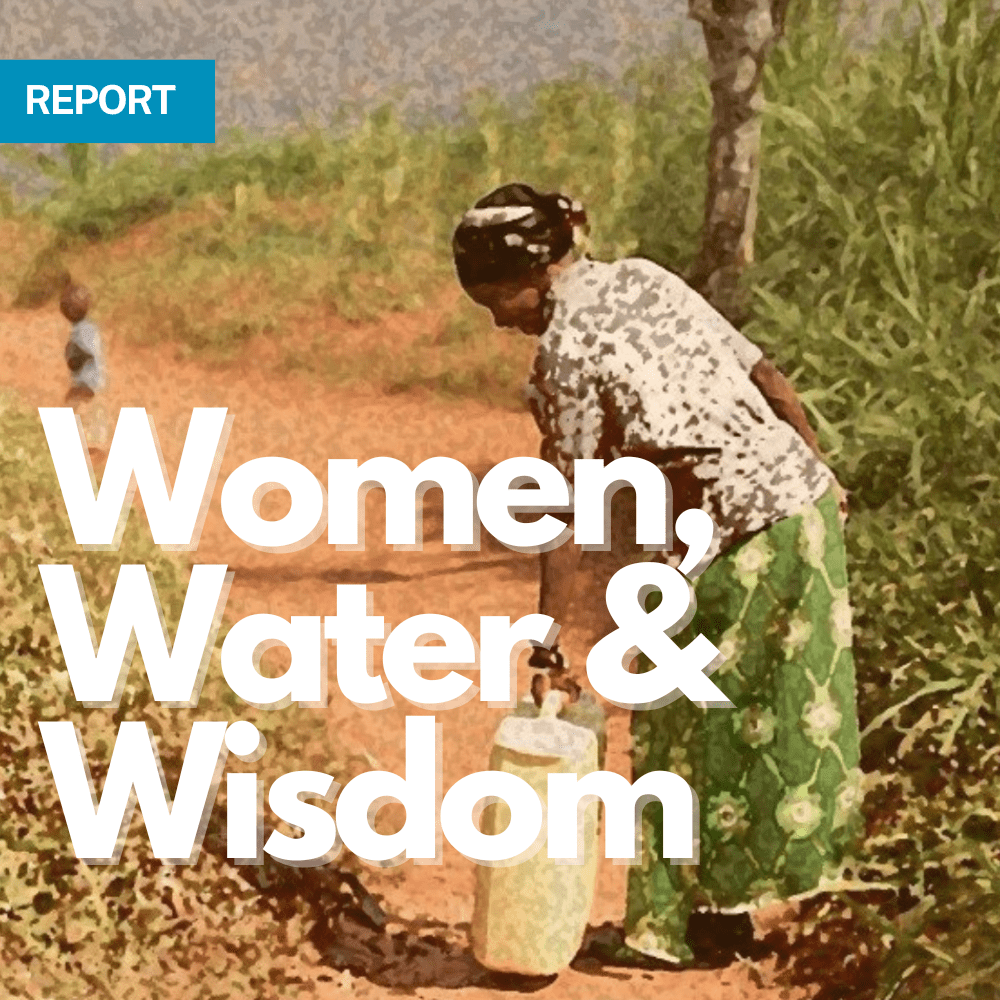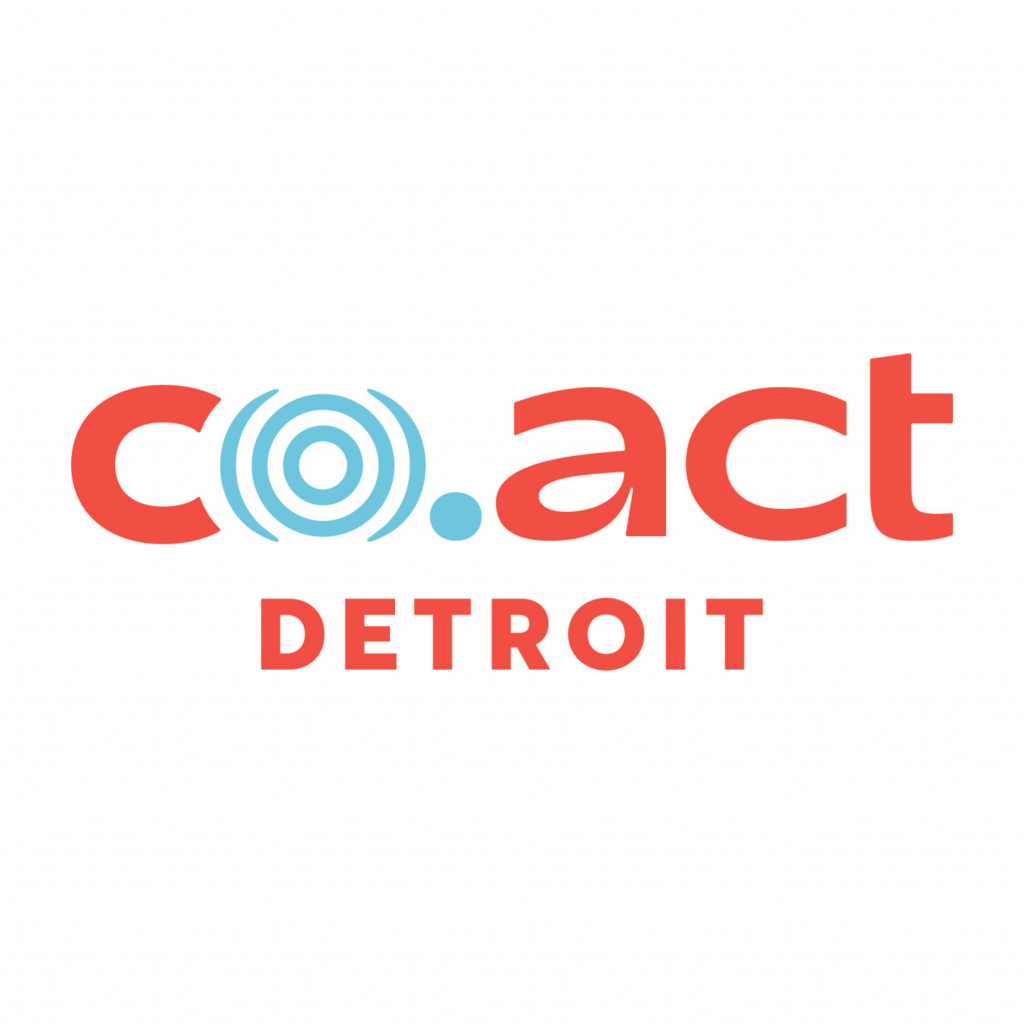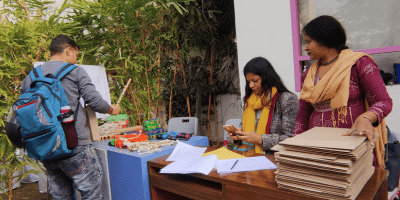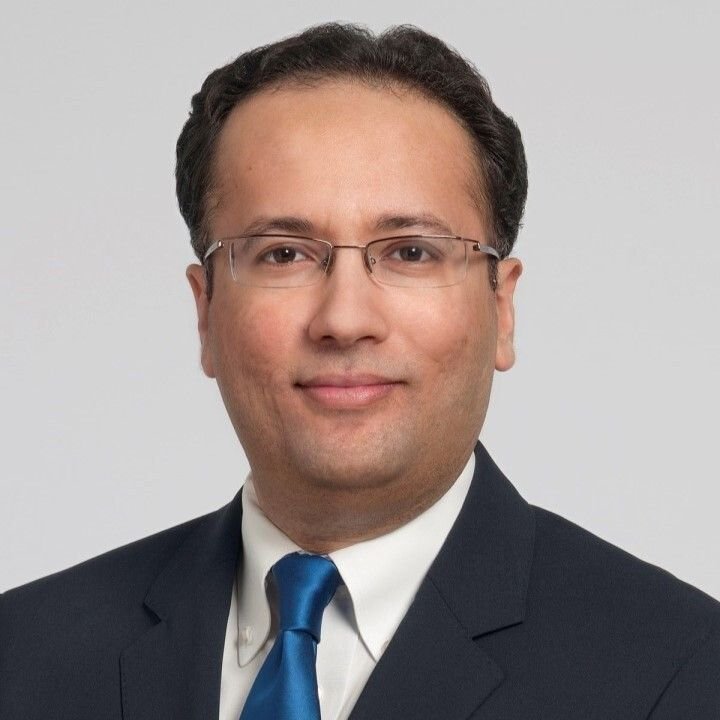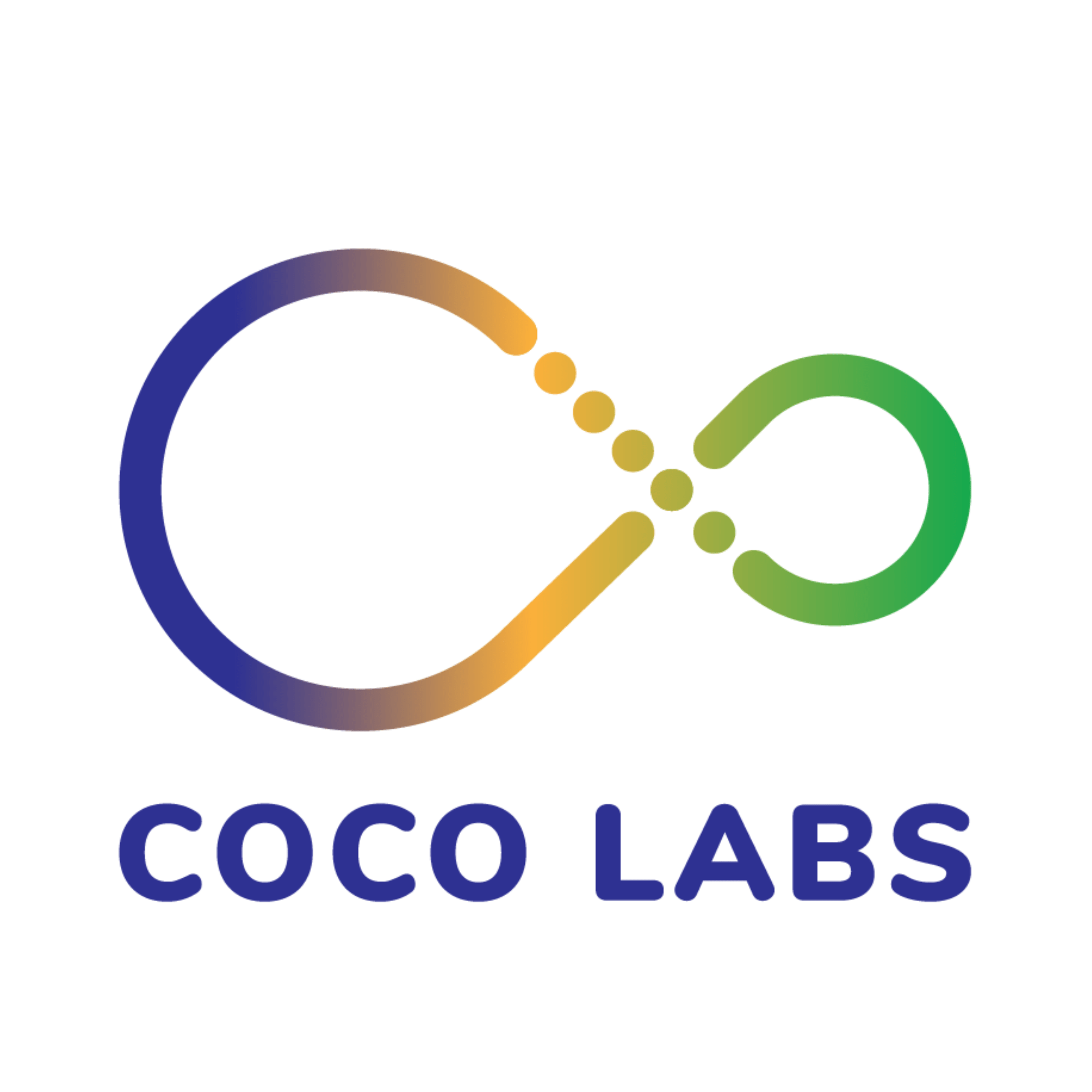
TWBS Omega Institute & Harlem Wellness Center TWBS Omega Institute & Harlem Wellness Center
Join the Global Wellbeing Movement

ABOUT THE SUMMITABOUT THE SUMMIT

WHEN September 4 – 8, 2023 WHERE Omega Institute Campus, New York LANGUAGE Hosted in English
This Wellbeing Summit – a partnership between Omega Institute and Harlem Wellness Center – brought together over 150 social change, governmental, arts, and business leaders with the collective intention to advance wellbeing for those on the frontlines of social change. Together, delegates delved into profound themes of collective wellbeing, personal and systemic change, connection, interdependence with each other and the planet we inhabit, and the power of creativity – celebrating the idea that we are all part of a greater whole.
The Wellbeing Summit Omega Institute & Harlem Wellness Center was host to:
- 150 attendees spanning diverse backgrounds, including geographic locations, professional sectors, generations, racial/ethnic identities, and gender identities
- 52 award-winning, dynamic, powerful, and revolutionary speakers, artists, and performers
- A community of activists, wellness practitioners, healers, spiritual leaders, philanthropists, educators, storytellers, and catalyzing changemakers
- A 56% attendance of BIPOC delegates, presenters, performers, and artists
- A 30% attendance of men and nonbinary delegates, presenters, performers, and artists who were welcomed in a women-centering space
The Summit provided an opportunity to build relationships, enhance collaboration and innovation, and engage in transformative experiences in an environment of joy, care, and mutual understanding. Activities included:
- Inspiring talks and panel discussions that presented multiple perspectives
- Workshops that offered tools to take meaningful action
- Leadership frameworks to guide delegates through a multi-tiered exploration of their own leadership journey
- Art and art making that engaged wellbeing from the emotional and intellectual language of the arts
- Learning from Omega’s award-winning Center for Sustainable Living and Eco Machine™, which demonstrated what’s possible through regenerative design
- Opportunities to be in nature–gardens, forest, and lakefront, and wellness activities including daily classes in meditation, yoga, and tai chi
SPEAKERS & ARTISTS INCLUDED: SPEAKERS & ARTISTS INCLUDED:
Monica Aleman * Carrie Barratt * Leslie Booker * Majora Carter * Richard J. Davidson * Liza Donnelly * Hannah Drake * Mallika Dutt * Theo Edmonds * Soffiyah Elijah * Pamela Stokes Eggleston * Soffiyah Elijah * Pumla Gobodo-Madikizela * Carla Goldstein * Andres Gonzalez * Reggie Hubbard * Hudson River Playback Theatre * Deepa Iyer * Jeff W. Jones * Leslie Salmon Jones * Sylvester Jones, Jr. * Amy Kandall * Kerri Kelly * Dan Mack * Rhonda V. Magee *
Anaïs Maviel * Tim McHenry * Donna Mikkelsen * Nathan Moore * Morley * Amina Naru * Brenda Salgado * Sharon Salzberg * Kwame Scruggs * Ali Smith * Atman Smith * Gail Straub * Travis Sullivan * Shelly Tygielski * Sarah Urech * Vivian Williams-Kurutz * Jamia Wilson * Rev. angel Kyodo williams Roshi
EXPLORE VOICES FROM THE SUMMIT EXPLORE VOICES FROM THE SUMMIT
Enjoy talks, articles, and practices from this stellar line-up of speakers.
HOSTED BY HOSTED BY
WORDS FROM OUR DELEGATES
“This powerful event offered a vision for social change and activism that I’ve been speaking about for years.”
Jemarc Axinto, Trauma Recovery Coach & Non-Profit Wellness Consultant at The Spiritual Geek
“The Summit gave me an opportunity to unplug and gather global expertise and strength in my advocacy. I had genuine time to reflect on my goals (both personal and professional) …..and recalibrate the legacy I want to leave in Chicago and across the globe.”
Jamia Jowers, Executive Director of What’s Your Forte Foundation
“…Can we just say, we are beside ourselves to have connected with such an inspiring community of leaders who share a similar vision for the world.”
Molly McConnell and Sierra Brashear, Co-Founders of Cultivate Balance
“It was an honor and pleasure to be in circle, community, interconnection, and big love.”
Mosijila Edu, Holistic Practitioner at Love Energy Services
With special thanks to these generous sponsors, funders, and partners With special thanks to these generous sponsors, funders, and partners
Brandstories, The Daniel W. Dietrich II Foundation, The J.M. McDonald Foundation, The New York Women’s Foundation, The Owsley Brown III Philanthropic Foundation, The Rubin, and The Wellbeing Project
CONTACT INFORMATION
For questions and more information about The Wellbeing Summit
Omega Institute & Harlem Wellness Center please contact OwlcCommunity@eomega.org
MORE REGIONAL SUMMITS MORE REGIONAL SUMMITS
Discover the Wellbeing Movement in North America Discover the Wellbeing Movement in North America
Meet and hear stories from the changemakers championing the wellbeing movement in North America.


